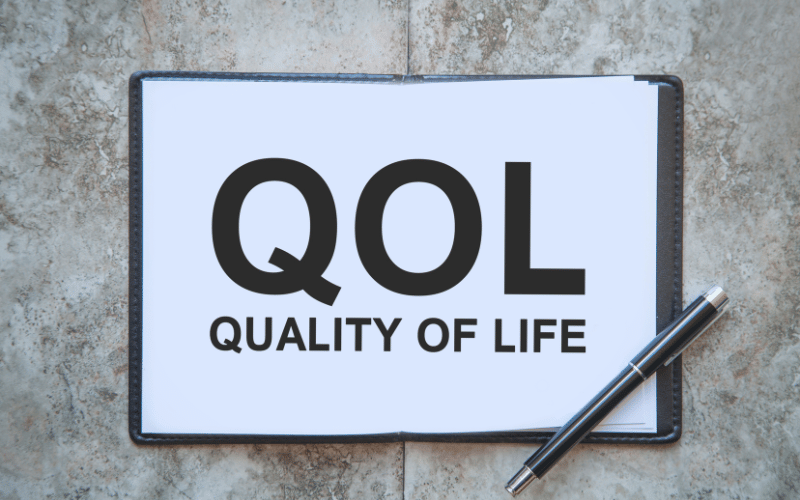8. The Impact of Tracheomalacia on Quality of Life

Tracheomalacia’s effect on quality of life is a significant yet often overlooked aspect. Understanding this impact is vital for holistic care and support for individuals dealing with this condition.
For many, living with tracheomalacia means coping with recurrent respiratory infections and chronic coughing, which can disrupt daily activities and sleep. These ongoing symptoms can lead to fatigue, affecting both physical and mental well-being.
In children, tracheomalacia can impact developmental milestones, particularly if the condition is severe. Challenges in feeding and breathing can lead to delayed growth and development, emphasizing the need for early intervention and supportive therapies.
Adults with tracheomalacia often face difficulties in maintaining an active lifestyle. Physical exertion can exacerbate symptoms, leading to a reduced capacity for exercise and outdoor activities. This limitation can have broader implications for mental health, contributing to feelings of frustration and isolation.
Social implications are also noteworthy. The audible symptoms of tracheomalacia, like wheezing and coughing, can draw attention and cause embarrassment, affecting social interactions and self-esteem. This social aspect highlights the need for awareness and understanding from family, friends, and the community.
Addressing the quality of life issues in tracheomalacia involves more than medical treatment. It requires a supportive network, including healthcare providers, mental health professionals, and patient support groups, to help individuals navigate the challenges posed by this condition. (8)